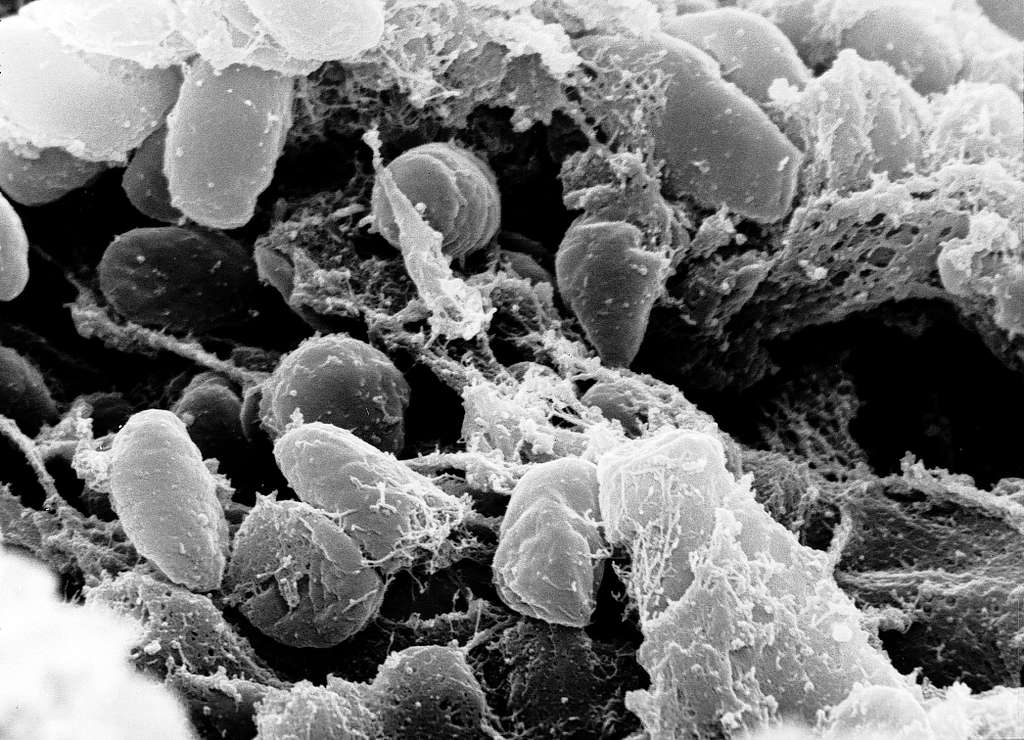A South Lake Tahoe resident has tested positive for plague after likely being bitten by an infected flea while camping in the area, El Dorado County health officials confirmed on Tuesday. The person is currently recovering at home under medical care while officials investigate the exact exposure site.
Plague is caused by the bacteria Yersinia pestis and typically spreads to humans through the bite of infected fleas that have previously fed on infected wild rodents like squirrels and chipmunks. While the disease conjures images of devastating medieval outbreaks, modern cases are rare and treatable with antibiotics when caught early.
“Plague is naturally present in many parts of California, including higher elevation areas of El Dorado County,” said Kyle Fliflet, El Dorado County’s Acting Director of Public Health. “It’s important that individuals take precautions for themselves and their pets when outdoors, especially while walking, hiking and camping in areas where wild rodents are present.”
The California Department of Public Health routinely monitors rodent populations for plague activity. Their surveillance found 41 rodents with evidence of plague exposure in El Dorado County between 2021 and 2024. Four additional rodents have tested positive in 2025, all within the Tahoe Basin, confirming the disease remains active in local wildlife.
Human cases of plague remain uncommon nationwide, with the CDC reporting an average of just seven cases annually across the United States. The last human case in El Dorado County occurred in 2020, also in the South Lake Tahoe area. Before that, two people contracted plague in 2015 after exposure in Yosemite National Park.
Similar Posts
This case comes shortly after a more serious incident last month, when a resident of Coconino County, Arizona, died from pneumonic plague. Unlike the bubonic form, which causes swollen lymph nodes called buboes, pneumonic plague affects the lungs and can spread through respiratory droplets.
Early symptoms of plague typically appear within two weeks of exposure and include fever, headache, weakness, and swollen, painful lymph nodes. While potentially fatal if untreated, plague responds well to antibiotics when medical care is sought promptly.
Health officials emphasize that the risk to the public remains low, but recommend several precautions for people visiting or living in areas where plague is present:
- Avoid contact with wild rodents, whether alive or dead
- Don’t camp near rodent burrows or areas with dead rodents
- Use insect repellent containing DEET when in potential exposure areas
- Wear long pants and tuck them into boots while hiking
- Use veterinarian-recommended flea control products on pets
- Keep pets leashed and prevent them from exploring rodent habitats
- Don’t allow pets that roam outdoors to sleep in your bed
Officials continue to monitor the situation and urge anyone who develops symptoms after potential exposure to seek medical attention immediately. Residents who spot sick or dead rodents can report them to El Dorado County Environmental Management at (530) 573-3450.



















